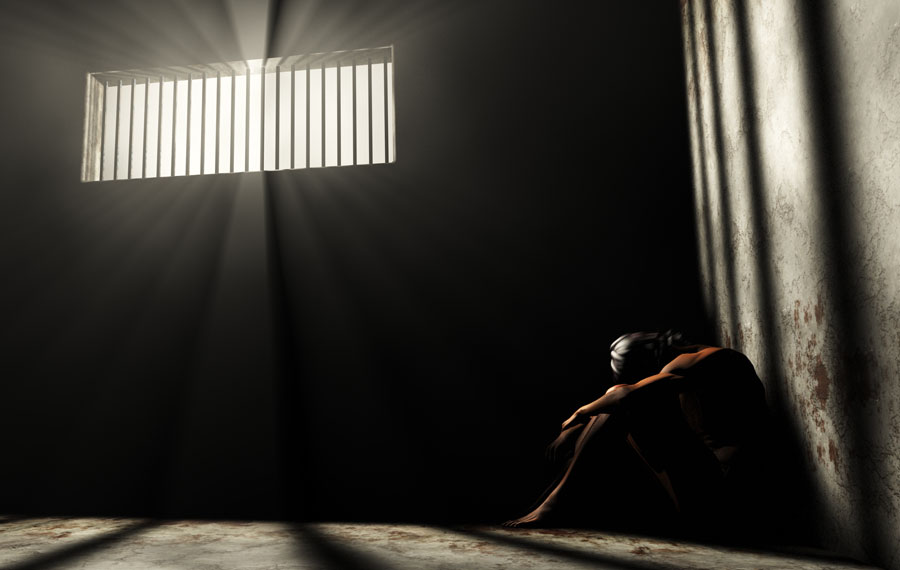
NEW YORK — As New York moves to reform police practices, human rights advocates say the state needs to end the use of solitary confinement in prisons, too. Solitary confinement lasting more than 15 days is recognized by the United Nations as a form of torture.
But in New York, prisoners are subjected to prolonged isolation that can lead to neglect, serious mental illness and suicide. Legislation that would dramatically curtail the use of solitary confinement has been pending in Albany for several years.
Victor Pate, a state organizer for the HALT Solitary Campaign, says the message the campaign wants legislators to hear is simple.
“We’re saying people should be treated humanely, given treatment — not punishment — for behavioral issues, and we are urging them to please bring the bill to the floor for a vote,” he states.
The HALT Solitary Confinement Act passed in the Assembly in 2018, but has not come up for a vote in the state Senate.
The HALT bill has enough support to pass in both houses. But according to Pate, last year the legislation stalled after the leadership of both the Assembly and the Senate agreed to support administrative changes to isolation proposed by Gov. Andrew Cuomo.
“He has not stated when this administrative change would become effective,” Pate states. “No one has heard anything whatsoever about the implementation of his proposal since 2019.”
Pate says the governor’s proposal doesn’t specify treatment options and would take three years to reduce the maximum time in isolation to 30 days, twice the period classified as torture.
Pate says the HALT Act would immediately limit solitary confinement to no more that 15 days, and it would create alternatives to placing prisoners in isolation at all.
“It will allow people to have psychological, social counseling, to have more interactive personal time and a transformation process either back to general population or released back to society,” he explains.
The bill also would exclude some prisoners from solitary confinement entirely, including pregnant women, those with mental illness, LGBT prisoners and those age 50 and older.



Comments are closed.